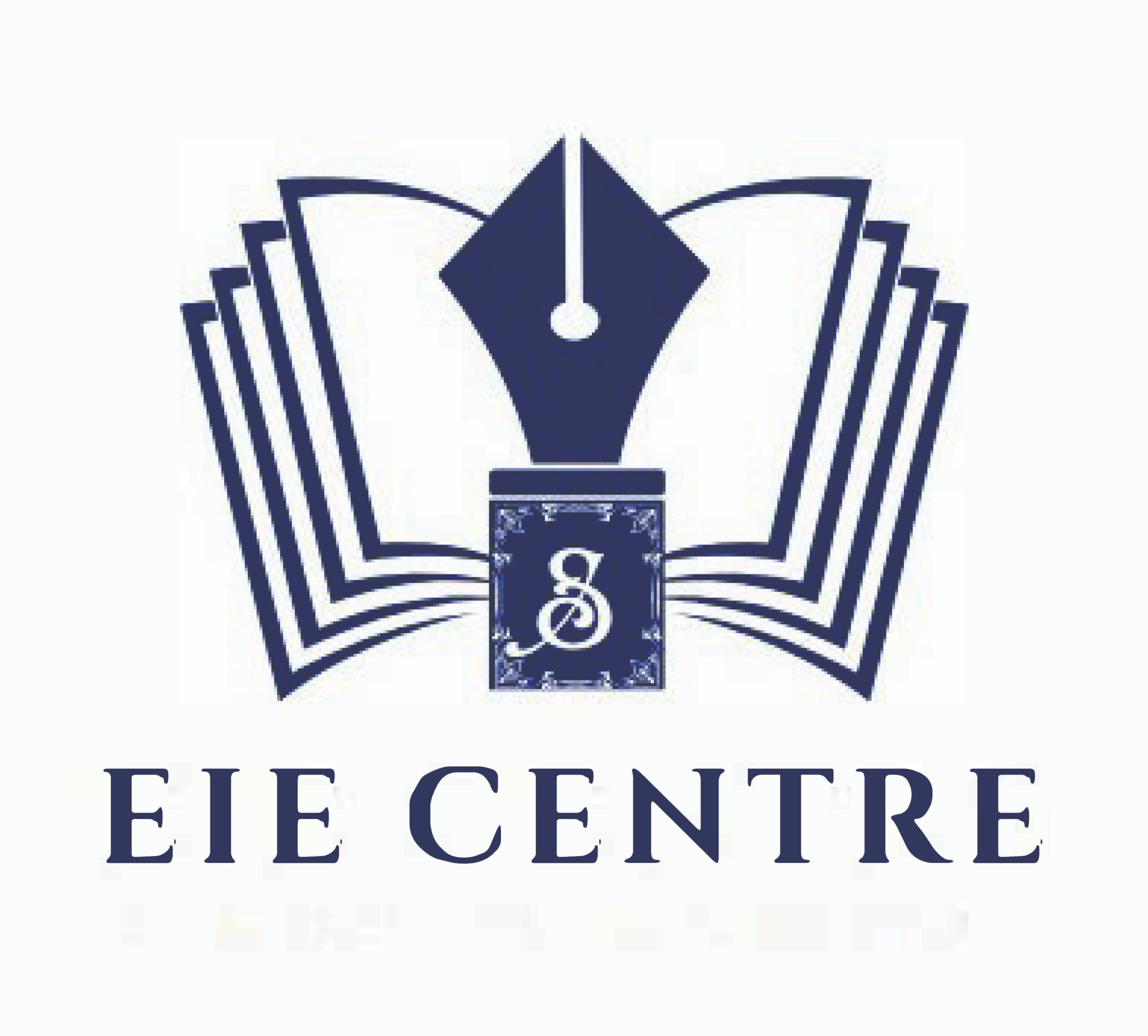Project Scope and Requirements Management Conference

About Course
Managers and customers expect to get value for money. Many projects have been canceled or are seen as failures because they ran too far over budget. This five-day project scope and requirements management program will present the participants with straightforward approaches to developing a cost baseline and setting up a cost-tracking system to manage the budget during the project’s life cycle.
As participants in this project scope and requirements management conference look forward to enhancing their skills, this module will explore the requirements for project management professional certification, integrating requirements and scope within the context of professional development and emphasizing the scope of project management as a discipline.
This project scope and requirements management conference will also address the requirements for a business management course and detail how the scope and requirements integration plays a pivotal role in developing proficient project management practitioners.
Understanding Project Scope in Project Management:
Effective project management workshop facilitators underline the importance of defining and managing project scope. Here, we will delve into what project scope management encompasses, why it’s crucial for successfully delivering projects, and how it forms an integral part of the project management course scope.
In concluding the project scope and requirements management conference, participants will receive guidance on finding project management workshops near their location, fostering continuous learning and networking opportunities within the project management community. We will ensure attendees know how to utilize resources effectively to continue their professional development in project scope and requirements management.
Conference Objectives:
By the end of this project management conference, the participants will be able to:
- Understand the benefits of reasonable project cost control for successful project outcomes.
- Use best practices to minimize costs and negative impacts.
- Describe a typical project cost management lifecycle.
- Explain the action required at each phase of the project cost management lifecycle and understand the significance of each phase.
- List the key attributes of the cost necessary to understand and manage cost-effectively.
- Explain the critical steps required to improve project estimates, budget and cost baselining, performance measurement and analysis, cost monitoring and control during project execution, and interpreting and reporting project performance throughout a technical project lifecycle.
- Use Earned Value Management (EVM) to specify key quantitative measures for determining project performance.
- Provide meaningful project progress reports using EVM, forecasts of likely outcomes, and management options to correct where necessary.
- Estimate cost techniques, including the Work Breakdown Structure (WBS), Work Packages, and risk management considerations.
- Learn about the S-curves for risk and cost estimates.
Targeted Competencies:
At the end of this project scope and requirements management conference, the target competencies will be able to:
- Planning projects.
- Organize projects.
- Control projects.
- Cognitive abilities.
- Communication.
- Engineering value.
- Cost control.
Conference Content:
Unit 1: Overview of Project Management:
- Basic project management definitions.
- The project management processes.
- Learn project phases and life cycles.
- Typical project terminology.
- Learn how to Set up for success.
- The project cost management processes – estimate costs, determine budget, and control costs.
Unit 2: Developing The Project Schedule – Estimating Cost:
- Understand project management inputs to estimate cost.
- Create the Work Breakdown Structure (WBS).
- Work packages as building blocks.
- Estimation techniques.
- Optimize the schedule.
- Estimate the overall project cost.
Unit 3: Developing The Project Budget – Determining Budget:
- Understand project management inputs to determine a budget.
- Estimate personnel, materials, and equipment costs, including overheads and cost aggregation.
- Considering the risk management process, risk response planning, and risk reserves.
- Estimate risk response costs and reserve or contingency costs.
- The S-Curve for risk and cost.
Unit 4: Utilizing Control Accounts and Effectively Controlling Project Costs:
- Control Accounts and the Control Account Plan (CAP).
- Understand what measures are required.
- Change control processes and re-baseline the cost performance baseline.
- Understand project management inputs to controlling costs.
- Identifying and managing hours worked.
- Tracking costs.
Unit 5: Project Performance Measurement, Interpreting and Reporting EVM Results:
- What is Earned Value Management (EVM)?
- What are the primary measures used for EVM?
- Analyze results – variances, performance indices, and forecasting.
- Interpret results and consider options to redress unacceptable variances.
- Forecasting and developing response plans.
- Report EVM to senior management and customers.
